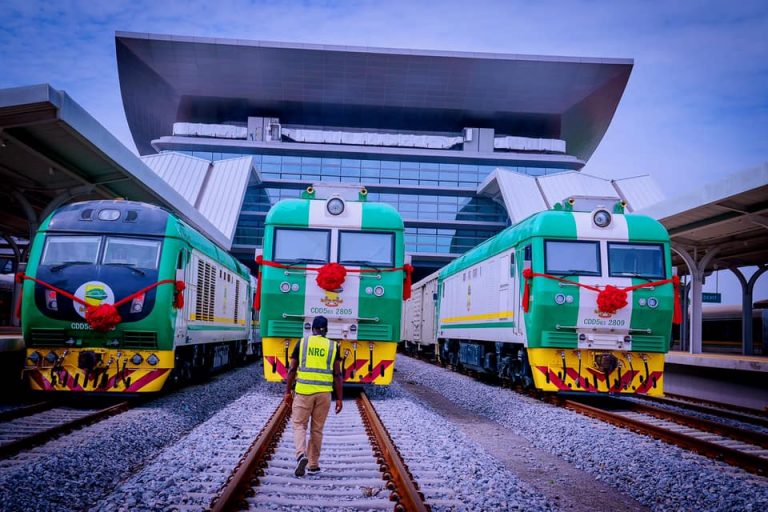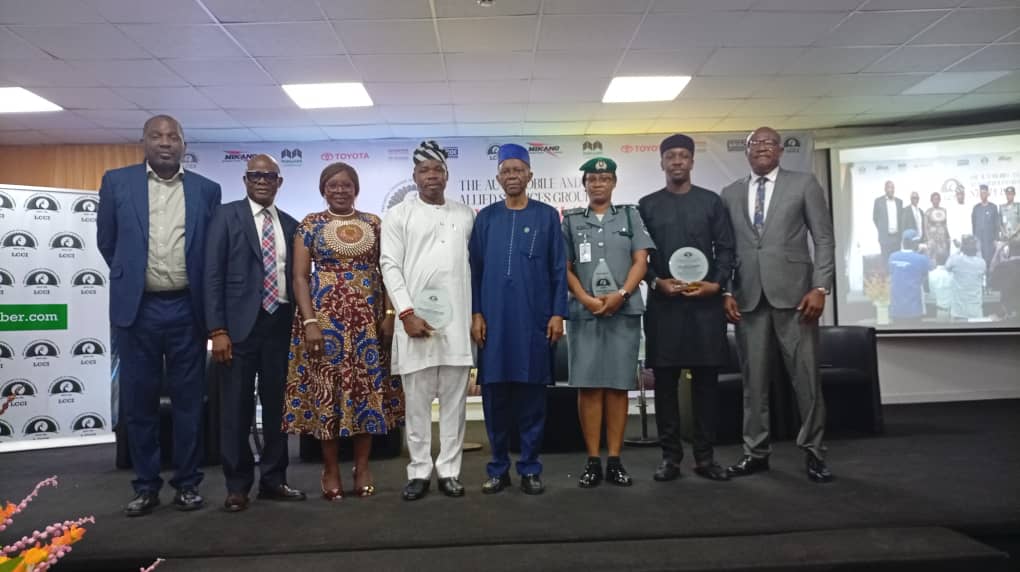The Minister of Transportation, Senator Said Alkali, has reaffirmed his commitment to advancing regulatory frameworks that will ensure a coordinated, transparent, and accountable transportation system across the country.
Alkali stated this at the seventh National Conference of the Chartered Institute of Transport Administration of Nigeria (CIOTA) in Abuja, earlier in the week, with the theme: ‘Repositioning Nigeria’s transport infrastructure and governance models for global competitiveness.’
The Director of Press and Information, Janet McDickson Noah, in a statement, said the government is positioning Nigeria to harness smart mobility solutions, intelligent transport systems, and blockchain-enabled logistics to enhance transparency and sustainability.
Alkali emphasised that the first-ever National Land Transport Policy had been validated by stakeholders and approved by the Federal Executive Council (FEC), describing it as a historic milestone that would harmonise standards, improve coordination, and foster private sector participation.
“Upon my appointment as the minister, I set it as one of my critical objectives and with commitment, perseverance, cooperation of all the major stakeholders, of which CIOTA and its key members made significant contributions, and finally, with the support of Mr President, we were able to get the policy approved at the Federal Executive Council,” Alkali said.
According to him, the successful test flight of logistics drones developed by engineers at the Nigerian Institute of Transport Technology (NITT), Zaria, exemplified further commitment to indigenous innovation. He added that the unbundling of the Nigerian Railway Corporation (NRC) was underway to improve operational efficiency and service delivery.
The minister, who said the theme resonated strongly with the Federal Government’s Renewed Hope Agenda, sought to transform Nigeria into a fully integrated, productive, and competitive economy with transportation as a primary enabler.
Under this administration, Alkali said, critical reforms and investments had accelerated across all transport modes, describing it as a milestone framework that would harmonise standards, improve coordination, and foster private-sector participation.
At the event, the Governor of Kaduna State, Uba Sani, said the state transport systems had been overhauled for effective transport systems since he assumed office about two and a half years ago, placing the overhauling of Kaduna’s transport ecosystem at the centre of the administration’s urban-renewal agenda.
These, according to the governor, were not abstract promises, but financed projects under construction initiatives and in many cases, services already being delivered to the citizens.
Earlier, the CIOTA President, Prince Segun Obayendo, said the theme for the event acknowledged that Nigeria was not just building transport systems, but was building the arteries of a modern economy.
He said, “Global competitiveness in transport means seamless multimodal integration. It means a passenger can travel from Kano to Lagos by rail, connect to an international flight, with their cargo moving simultaneously through efficient logistics chains. It means governance models that prioritise efficiency over bureaucracy, innovation over tradition.
“With an estimate of 27 universities offering transportation programmes, six polytechnics providing logistics and transport education, and five institutes of maritime studies, we have the educational infrastructure.”






